What is Android? Here is a complete guide for beginners
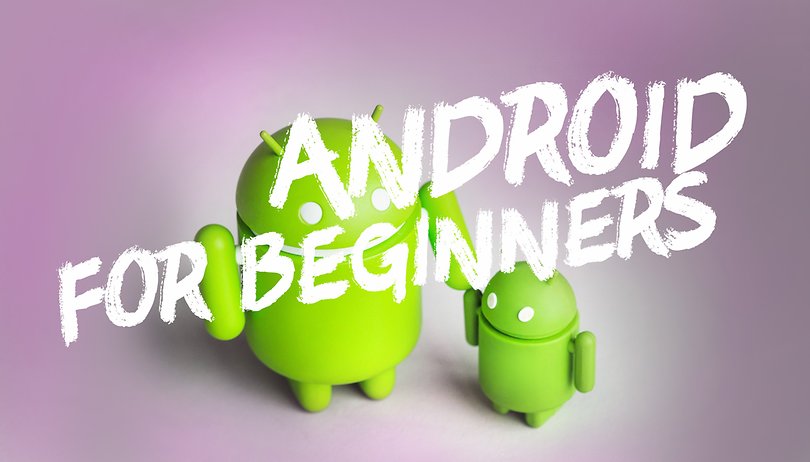

Today we begin the 'Android for Beginners' series. This is the first in a set of courses that ensure you know everything about Android. This introductory course will focus on the origins of Android and give you a list of the key terms you need to know before you start learning more.
What is Android?
Android is software for mobile phones, tablets and a growing range of devices encompassing everything from wearable computing to in-car entertainment. It launched in 2003 and is the world’s most popular mobile operating system (OS).
Android is an open source project (led by Google but it doesn't belong to them) called AOSP (Android Open Source Project). Google uses this project as a base to create its version of Android, which is then used by the other manufacturers.
As an OS, Android's job is to act as a translator between you and your gadget. When you take a photo, Android provides the button you tap and tells the phone what to do when you tap it. When you make or receive a call, Android tells your phone how to do that. When you play a game, Android tells the game what movements you’re making and what buttons you’re pressing. It’s like Windows, but for mobile devices.
The Android software itself is developed in conjunction with Google, who releases major updates to the platform every year. Manufacturers which run Android on their phones include Samsung, Huawei, Sony, Lenovo, HTC, LG and many others; it's currently operational on more than one billion devices.
The Android mascot is a green robot: you might have seen it around.
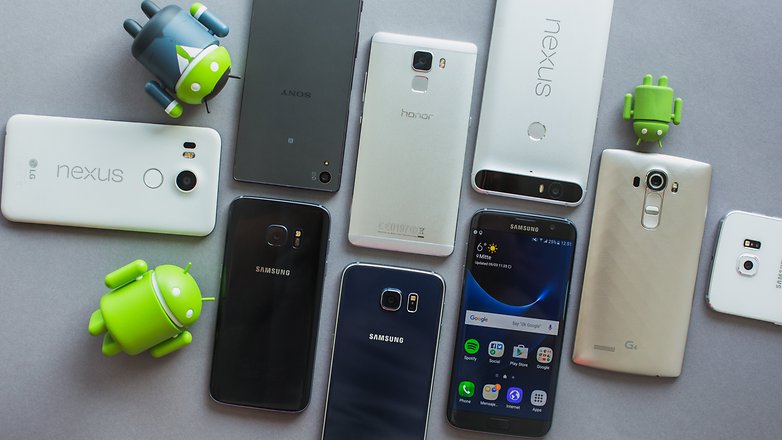
Where does Android come from?
It comes from Google, who actually acquired Android in 2005 (no, Google didn't invent it). The search giant performs regular updates along with an annual major update.
The operating system is based on the Linux kernel – if you have friends who work in IT, you may have heard of it. This is the GNU / Linux operating system based structure, which is a unix type system (portable operating system, multitasking and multi-user). The Linux kernel is one of the most prominent examples of free software.
What is the difference between Android and iPhone?
It’s not so much a difference between Android and iPhone but Android and iOS. You see, iOS is the software which runs on iPhones and the differences between this and Android are simultaneously big and small.
Smartphones with Android or iOS installed are capable of doing most of the same things: they can both run apps, connect to Wi-Fi, take photos, send messages etc. But there are many differences in how they look and feel, and the possibilities of both.
- You can read more about how the latest versions of iOS and Android compare here.
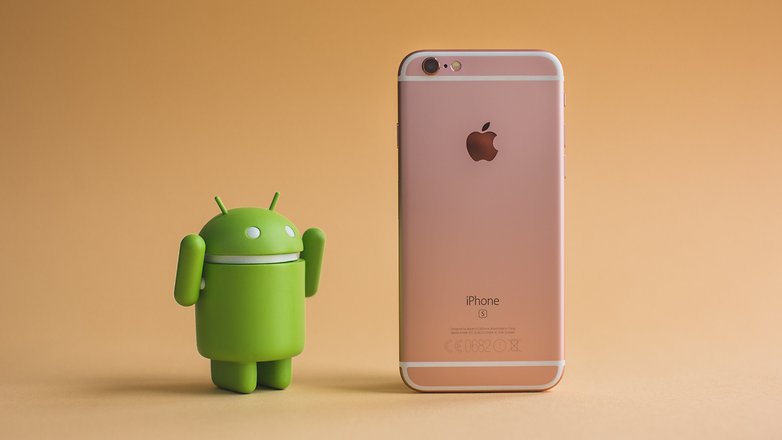
Why does Android look different on each phone?
Android doesn't look different on every device, but it does have a number of different versions. Android is open-source, which means that manufacturers are free to customize the software and make it their own.
The 'purest' version of Android is often referred to as 'stock Android' and it's often preferred by the Android community: it's the original software as Google intended.
Other user interfaces (UI) include Samsung's TouchWiz, Sony's Xperia, and Huawei's Emotion. See what they all look like in our Android UI comparison.
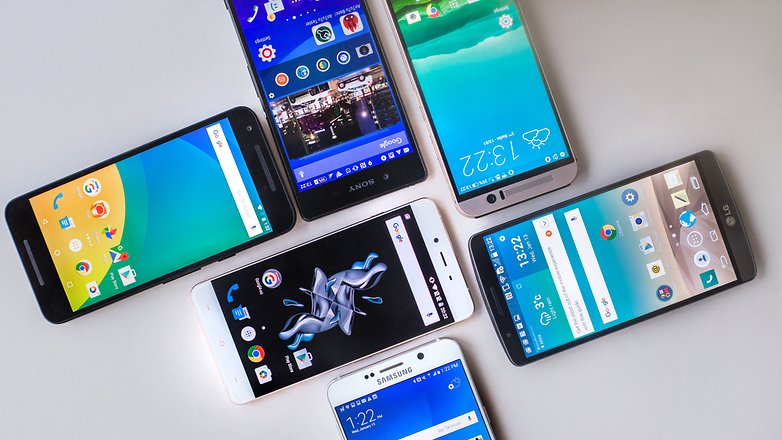
What are the advantages of Android?
Choice. For example, if you want iOS, you have a choice of iPhone, iPhone or iPhone. If you go for Android there are stacks of great devices to choose from, from cheap and cheerful handsets to really impressive flagships. Those flagships are often cheaper than the equivalent Apple devices, too.
Android’s choice isn’t just about hardware. It’s about everything else too. Android is incredibly easy to customize, both in terms of how it looks and how it works, and the various app stores aren’t as tightly controlled as its rivals’ stores, like Apple.
What’s with the candy names?
Each new version of Android gets a code name based on consecutive letters of the alphabet. The most recent version is known as Marshmallow because it is the Android M release. Previous versions have included Lollipop, KitKat, Jelly Bean and Gingerbread.
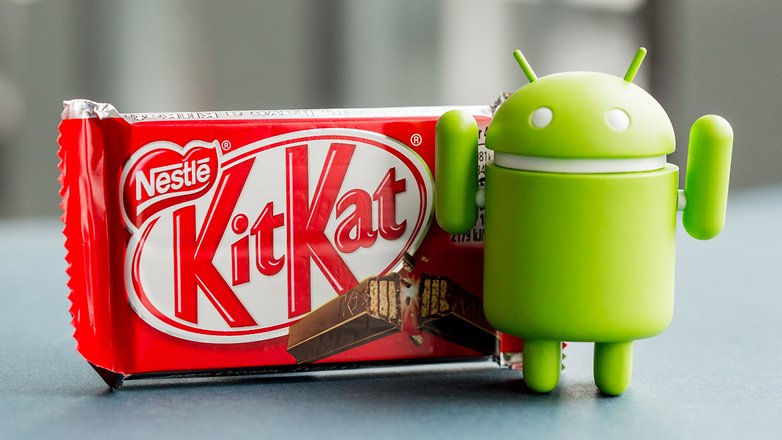
What’s the best thing about Android?
Options, many options. With Android you have hundreds of gadgets at your disposal, the cheapest, the most expensive and innovative market. Android is also incredibly customizable, both in their roles, as in his appearance. You can really make a unique mobile experience for yourself with this OS.
What’s the worst thing about Android?
Getting updates. In many cases manufacturers don’t seem to care about providing software updates for devices they’ve already sold you. Even when they do provide updates they take their sweet time about it. That’s why some consider rooting: you can download the updates yourself and apply them instead of waiting for the manufacturer to get around to it.
What is Google Play / Play Store?
The Google Play Store is a digital marketplace where Android users can purchase apps, games, books, movies, music and more. And it's a big advantage to owning an Android device.
The purchased content is connected to your Google account – something you must have in order to make these purchases – and is available on any device where you log in with your Google account.
- Google Play tips and tricks every Android user needs to know
- Google Play not working? Here's what you can do
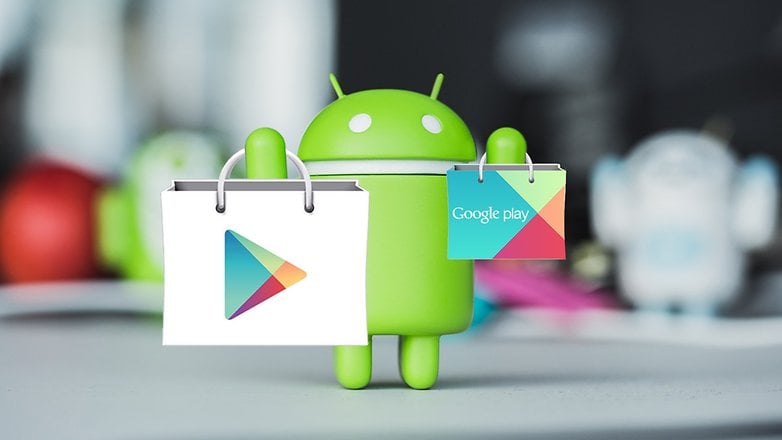
Here are some Android terms you should know
Here is a glossary of terms you can refer back to as you continue in our series. Have a read through them right now to get a brief overview. Click on one in the table to jump to the term.
ADB: Stands for Android Debug Bridge, a tool that is used primarily by developers to send commands from a computer to Android. It works as a client-server and gives you tools for the devices for debugging.
APK: Android application package file used to distribute and install apps. This file contains the app code, resources, assets and manifest file.
Application: An application or app is something you use to perform functions on the phone. These range from simple to incredibly complex.
Backup: To keep your data in a safe place in case of a problem where you lose your important information.
Bluetooth: Data transmission system between devices via radio waves without using wires or other connectors.
Bootloading: Procedure that allows you to access recovery mode.
Brick: When the device does not start and becomes unusable due to a configuration error after making a change.
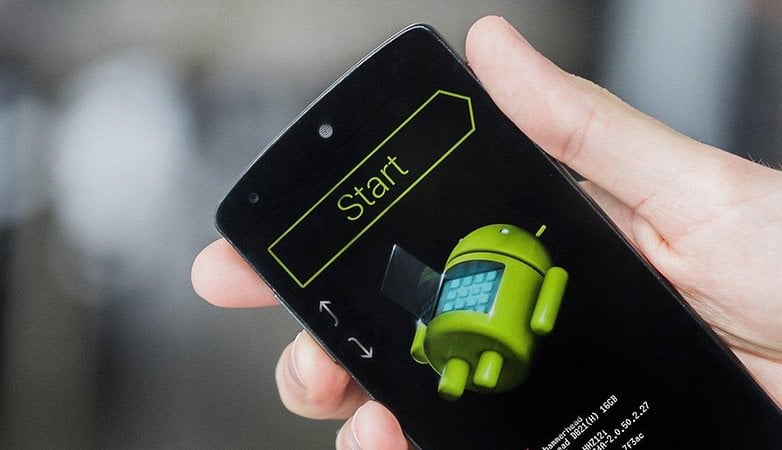
Download Mode: Used to install or replace the firmware of your device or a new ROM.
Factory Reset: Restoring the device to the original settings.
Firmware: The contents of the device's ROM. To find out the firmware version of your device go the Settings, tap About Phone and hit Software Information.
Flash: Changing the ROM of a device.
Kernel: The core of the operating system. It's responsible for uniting the software functions and the hardware.
KIES: Samsung application that allows you to update and synchronize the data from your smartphone or tablet.
Launcher: Responsible for customizing the device by modifying the user interface.
MicroSD: Removable memory card format. Smaller than MiniSD, it's used for mobile devices.
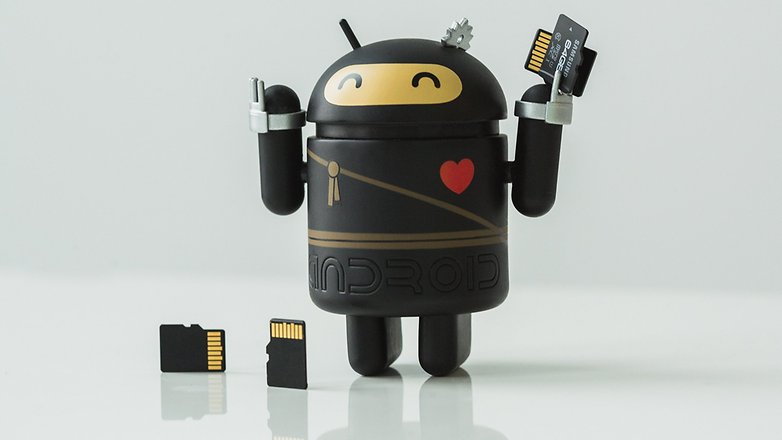
ODIN: Program to flash your device.
Open Source: Software that is made available to be distributed and modified.
Operating System: Software that controls a device's basic functions like scheduling tasks and executing applications.
OTA: Stands for 'Over The Air' and refers to updates that are made from your device without using cords or other connectors.
QR: Abbreviation for 'Quick Response' and is a black and white code that can be scanned with your device to open a link or application.
Recovery Mode: A method of starting your Android in order to install a ROM, wipe your device or format it.
ROM: Stands for 'Read Only Memory' and is a type of storage for Android devices. It has the programming for starting a device and performs most of the tasks.
Root: The act of unlocking the Android OS to gain complete control over the device through which you can access hidden files, change the ROM or install certain special apps.
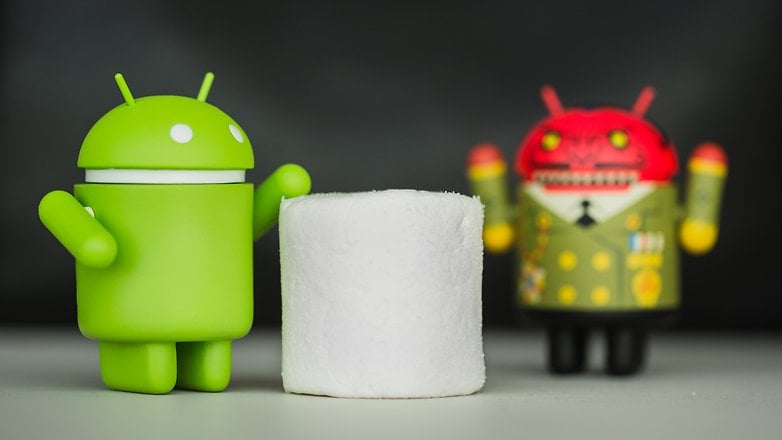
Soft Reset: The act of rebooting your phone, intentionally or not. It has the same effect as when you remove your battery.
Unlock: You must perform this before you can use a SIM card from any carrier.
Widget: 'Icon' or part of an application that you can put on your home screen to quickly view information or to access the app faster and easier.
Wipe: Formatting the device. Deletes the external data from the device.
Windows: In Android apps, they are objects that specify the look and feel of the content.






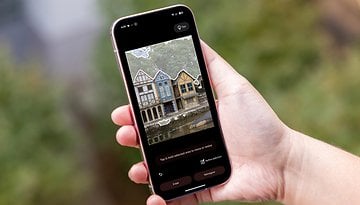
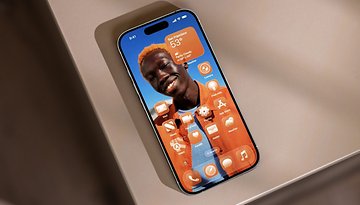
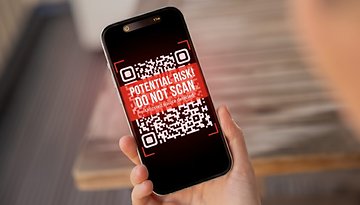
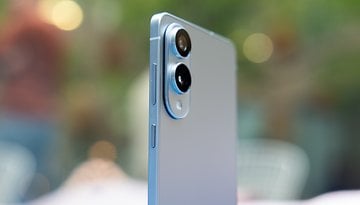
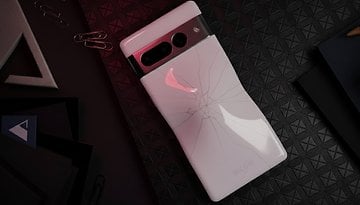
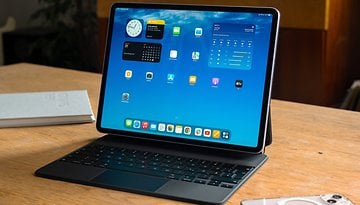
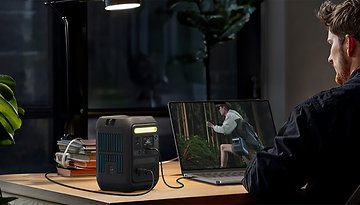
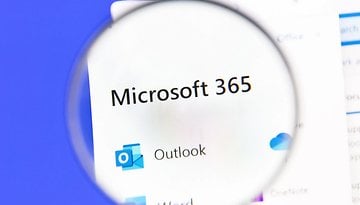
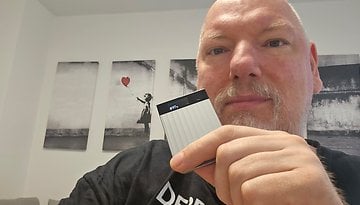
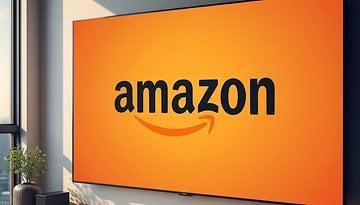
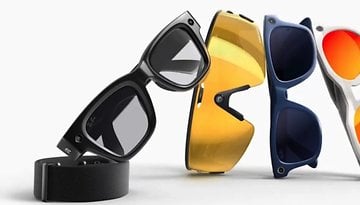
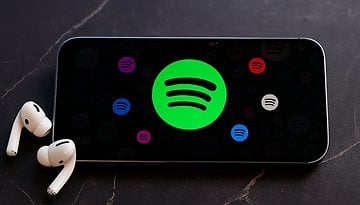


Android is an operating system based on a modified version of Linux kernel and other open source software which was developed by Google and later the Open Handset Alliance (OHA). Contrary to what most of the people think, Android is not a programming language. In other words, Android is an open source operating system used for devices like smartphones and tablet computers. by Interviewsortout
Nice! Can't wait for the next article so I can finally understand more about my phone.
I really wish I stuck with LG switch to samsung cause new watch deal tablet.with at&t . But now wish I hadn't. LG is the greatest . Way better connection and understands what u say . Samsung watch is so frustrating. If only OK Google worked with gear 2 maybe I wouldn't complain. And the keyboard on active 7 is bad too. I have to keep back tracking and delete.
So, I'm really trying to decide if I should make the switch to Android. Been an iOS user since the beginning. With a jailbreak, iOS becomes much more customizable and enjoyable. The main reason I am considering the switch is because I would like a dual sim with expandable memory. It has been said in this thread that there are many options for android but I have had a hard time deciding which dual sim phone to get. I don't want a large phone so 5" at the most. I also don't want to break the bank if I'm not 100% sure I'll like it. I was totally sold on the Huawei Honor 7 and then I noticed the dual sim tray combined with expandable memory. No idea why that was a good idea but I have had the hardest time finding something like it with separate sim and sd slots. Anyway, some tips from both iOS converts as well on android dual sim phones would be great! Thanks!
Nice one i mostly knew all the other things but still got to learn few new ones too
Unlock also refers to the bootloader, an important part of rooting a phone.
One of the BEST articles on Androidpit! Very informative, and has very handy info to use it after. Thanks!
I wish many of my Apple friends who owns an iPhone could read this article and understand.
They won't, because they know we have an Android device because of the freedom and coice we get, and they have an iPhone because of the name brand. They rather think they have a fashionable item, than having an OS that let's you do whatever you want to make it your very own.
I agree Vinicius. I come across many iPhone owners who don't know what OS they have or know that there are alternatives. We can only try to explain and hope they see the benefits of Android.
They will never see the benefit of android because "they've got the best phone in the world" and they let apple decide what's best for them meanwhile android users decide what's best for themselves. I just love the freedom I have with android and I am a former iPhone user.
I too was a iPhone user until fate brought me to my first Android device, Samsung Galaxy S3.
i have a moto x play running 6.0.1 and its ace
Very good article and so easy to understand
I like Android and google play store. The"App store" in iPhone is not at all a substitute for google play store.
Android is the only way to go on a phone at this point in time. I agree with other that Apple's closed OS lacks flexibility.. Windows on a phone just sucks. It is what killed Nokia or at least finished off Nokia. There are a couple of new OS on the horizon, Sailfish looks promising.
Nice article.
I've had an iPhone, and I hate Apple's closed-source secretive ecosystem. I love Android's open source project. I can do whatever the hell I want with my device, and make it my own private OS.
The worst of the worst that I remember with owning an iPhone was that cursed and broken prison called iTunes. Seriously... It felt like one was so limited transfering and downloading simple thing as audio files or pictures! Damn.
The best android app, per'se , if your rooting, is the xposed installer. As long as you have root, even on stock roms, it will give you numerous choices to install all types of software, and tweaks.
Well written great article. I love android.. Won't sell my soul to greedy apple :)